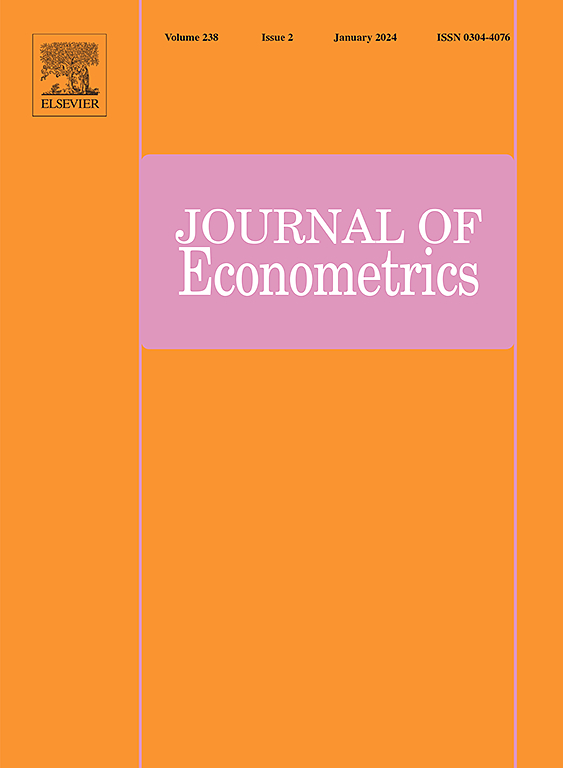Refining public policies with machine learning: The case of tax auditing
IF 4
3区 经济学
Q1 ECONOMICS
引用次数: 0
Abstract
We study how machine learning techniques can be used to improve tax auditing efficiency using administrative data without the need of randomized audits. Using Italy’s population data on sole proprietorship tax returns and audits, our new approach addresses the challenge that predictions must be trained on human-selected data. There are substantial margins for raising revenue from audits by improving the selection of taxpayers to audit with machine learning. Replacing the 10% least promising audits with an equal number selected by our algorithm raises detected tax evasion by as much as 39%, and evasion that is actually paid back by 29%.
用机器学习改进公共政策:以税务审计为例
我们研究了机器学习技术如何在不需要随机审计的情况下使用行政数据来提高税务审计效率。利用意大利关于独资企业纳税申报表和审计的人口数据,我们的新方法解决了必须根据人为选择的数据进行预测的挑战。通过机器学习改进对纳税人的审计选择,可以提高审计收入。用我们的算法选择的相同数量的审计来代替10%的最没有希望的审计,会使发现的逃税率提高39%,逃税率提高29%。
本文章由计算机程序翻译,如有差异,请以英文原文为准。
求助全文
约1分钟内获得全文
求助全文
来源期刊

Journal of Econometrics
社会科学-数学跨学科应用
CiteScore
8.60
自引率
1.60%
发文量
220
审稿时长
3-8 weeks
期刊介绍:
The Journal of Econometrics serves as an outlet for important, high quality, new research in both theoretical and applied econometrics. The scope of the Journal includes papers dealing with identification, estimation, testing, decision, and prediction issues encountered in economic research. Classical Bayesian statistics, and machine learning methods, are decidedly within the range of the Journal''s interests. The Annals of Econometrics is a supplement to the Journal of Econometrics.
 求助内容:
求助内容: 应助结果提醒方式:
应助结果提醒方式:


